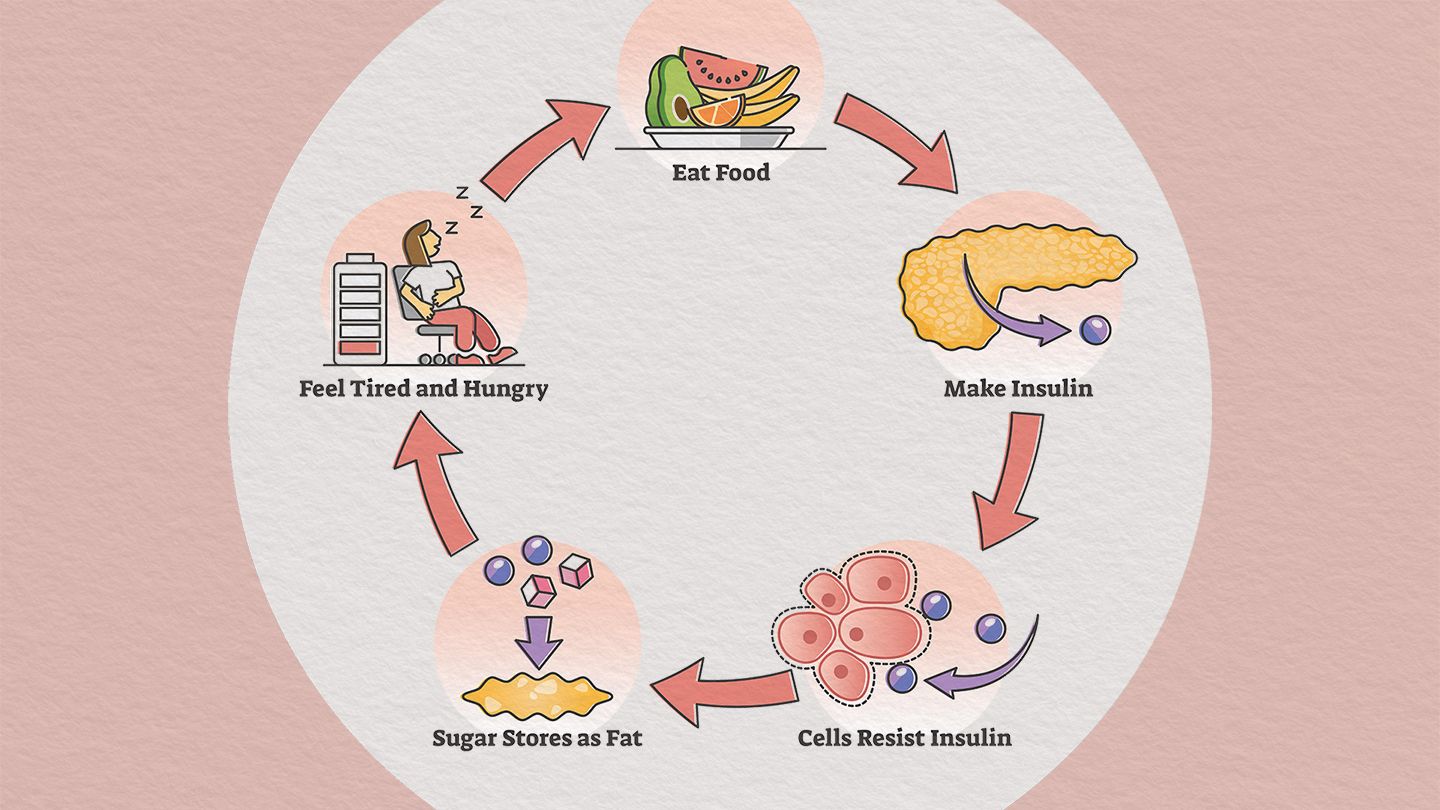Is the Keto Diet Good for People With Diabetes? Exploring its Benefits and Appropriate Usage
The ketogenic diet, commonly known as the keto diet, has gained popularity in recent years for its potential benefits in weight loss and overall health. However, for individuals with diabetes, there are important considerations regarding the suitability and safety of the keto diet. In this blog post, we will explore whether the keto diet is good for people with diabetes, discuss its potential benefits, and provide guidance on when and how to use it appropriately.
Understanding the Keto Diet
The ketogenic diet is a low-carbohydrate, high-fat diet that aims to shift the body into a metabolic state called ketosis. In ketosis, the body primarily uses fats as a fuel source instead of carbohydrates. This dietary approach typically restricts carbohydrate intake to 20-50 grams per day, while increasing the consumption of healthy fats and moderate protein.
Benefits of the Keto Diet for Diabetes Management
Blood Sugar Control
The keto diet can potentially improve blood sugar control in individuals with diabetes. By significantly reducing carbohydrate intake, the body experiences fewer blood sugar spikes, resulting in more stable blood sugar levels. This can be especially beneficial for those with type 2 diabetes or prediabetes.
Weight Loss
Weight management is a crucial aspect of diabetes management, as excess weight can contribute to insulin resistance. The keto diet has shown promising results in weight loss, primarily due to its satiating effect and the body’s increased reliance on fat for energy. By shedding excess weight, individuals with diabetes may experience improved insulin sensitivity and better blood sugar control.
Top 5 Benefits of Apple Cider Vinegar in Diabetes Management and Weight Loss
Reduced Insulin Dependency
With consistent adherence to the keto diet, some individuals with type 2 diabetes may be able to reduce their reliance on insulin or diabetes medication. The diet’s low carbohydrate content lowers the demand for insulin, potentially allowing individuals to achieve better blood sugar control with less medication. However, it is crucial to consult with a healthcare professional before making any changes to medication dosages.
When to Use the Keto Diet in Diabetes Management
The keto diet may be suitable for certain individuals with diabetes, but it is essential to consider several factors:
Individual Needs
The keto diet is not a one-size-fits-all approach. It is crucial to assess individual health needs, medical history, and diabetes management goals. Consulting with a registered dietitian or healthcare professional who specializes in diabetes can help determine if the keto diet is appropriate for you.
Type 1 Diabetes
People with type 1 diabetes may face challenges with the keto diet due to the risk of diabetic ketoacidosis (DKA). DKA is a potentially life-threatening condition characterized by high levels of ketones in the blood. Individuals with type 1 diabetes should work closely with their healthcare team to carefully manage insulin, ketone levels, and overall health if considering a keto diet.
Medication Adjustments
If considering the keto diet, it is crucial to work closely with a healthcare professional to adjust diabetes medications as needed. Reducing carbohydrate intake can significantly impact blood sugar levels, potentially requiring adjustments in medication dosages to avoid hypoglycemia.
Long-Term Sustainability
The keto diet requires strict adherence to carbohydrate restrictions, which can be challenging to sustain in the long term. It is essential to evaluate whether the keto diet aligns with your lifestyle, preferences, and ability to maintain a balanced, nutrient-rich eating pattern.
The keto diet can have potential benefits for blood sugar control, weight loss, and reduced insulin dependency in certain individuals with diabetes. However, it is crucial to consider individual needs, consult with healthcare professionals, and closely monitor the impact on blood sugar levels and overall health. The keto diet may not be suitable or safe for everyone, especially those with type 1 diabetes or specific medical conditions. Working with a healthcare team and registered dietitian is essential to ensure the keto diet is used appropriately and in conjunction with other diabetes management strategies. Always prioritize individualized care and make informed decisions regarding your diabetes management plan.













